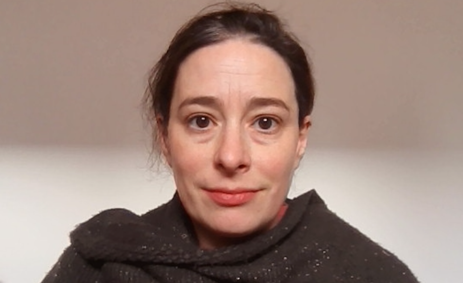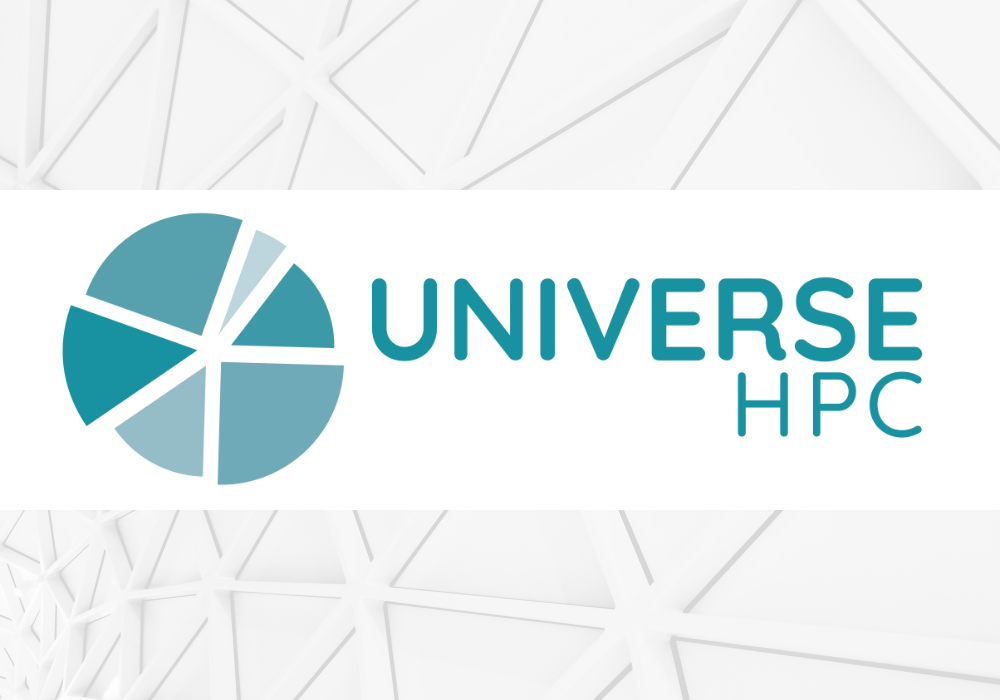The UNIVERSE-HPC project is working to identify and promote best practices in the training of Research Software Engineers (RSEs) to work in High Performance Computing, with a particular focus on nurturing diversity. In addition to writing, piloting, and delivering training material (e.g. Byte-sized RSE), UNIVERSE-HPC is running a series of seminars to highlight best practices in training.
Widening Participation in Education - What Can We Learn Post-Pandemic?
In March we were joined by Mishka Nemes (Skills and Training Manager, The Alan Turing Institute), who delivered the second seminar in our UNIVERSE-HPC seminar series. Mishka discussed how the disruption of traditional learning as a result of the COVID-19 pandemic can widen participation by outlining new schemes and suggested improvements to existing ones.
An excellent example of this is the Neuromatch Academy. The Neuromatch Academy was designed as an alternative to the conventional model of intensive training through summer schools. These schools are often less inclusive due to their high cost and the barriers they pose for those unable to commit to extensive travel or time requirements. Instead, the Neuromatch Academy delivers a mix of live online courses (across multiple time zones) and self-paced learning. It also encourages mentorship and peer learning.
For existing programs, Mishka discussed a few considerations which could widen participation, including:
- Time: Make sure that the time window for application is long enough that it allows people to balance it with other commitments.
- Representation: Aim to increase diversity within the program (e.g. of the speakers) to ensure that potential participants feel welcome and represented.
- Information: Run webinars and FAQ sessions aimed at addressing potential questions and concerns and encouraging participation.
- Selection: If there are more applicants than places, it can be tricky to choose fairly between candidates; once basic criteria are met, there is often little to separate qualified candidates. In these cases, it may be more inclusive to allocate places through a lottery.
- Funding: Ensure that there is access to funding to help with expenses so that everything is as cost-neutral as possible to remove barriers to participation.
Since the COVID-19 pandemic, there has, of course, been a rise in online and hybrid learning. Hybrid teaching, where in-person and online students attend the same session, can be very tricky to get right, but parallel in-person and online sessions can work really well! An important component of this is that educators need to be proactive about building interaction into their online learning materials (e.g. through polls or discussions). Training can be used to build communities, which helps to nurture peer support, running both pre- and post-engagement activities can help build these communities. In addition, peer learning and peer mentoring can be really valuable for learning. Peer mentoring is particularly useful as it is less intimidating than meeting with a more senior mentor, and can help build relationships.
There’s much more in the seminar which is available in the video below. If the community can adopt these and other good practices, it could help to build a more inclusive RSE community.


